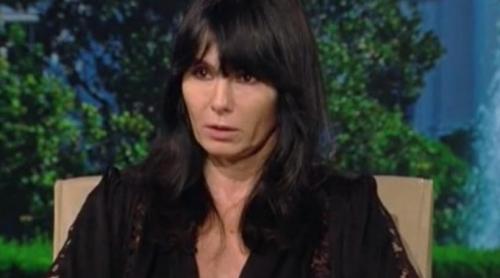
by VLADIMIR TISMANEANU - February 26th 2005
In a recent article signed in the "Chronicle of Higher Education," Richard Wolin stressed how important the self-restrained strategies of revolutions in Eastern Europe were, from the Polish one, in 1989, to the Ukrainian one, in 2004.
It becomes thus obvious how important for a non-violent parting with the past were the ideas supported by dissidents like Adam Michnik, Jacek Kuron, Lech Walesa, Vaclav Havel, and Janos Kis - to name but a few of the best known promoters of the strategy for change by civil society.
Romania had no such avenues open for it, for reasons I analyzed in my book "Stalinism Forever," which is to be soon released by Polirom Publishing House. No group in the Romanian Communist Party was promoting anti-Stalinist values. The transition, as an agreement between reformist groups, of the former regime, and the democratic ones, of the new regime, was impossible to bring about. Dissidents were slandered as enemies of the national interest, which in fact coincided with the interests of the group at the top.
And Securitate was guarding against any seedlings of protest to emerge. In fact, in spite of a rhetoric of "socialist unity" what made control so efficient was an atomization of the society to the point were free thinking was made impossible.
It started as an oligarchy during [Gheorghe] Gheorghiu-Dej, but it turned into a bicephalic tyranny: the one of [Nicolae] Ceausescu and his wife, [Elena].
Because the Ceausescus demanded a propaganda system that was founded on their providential role, it came easy for their followers to blame the presidential couple alone for the sins of the Romanian communism. Hence, these people immediate efforts, after the 1989 Revolution, were to draw a distinction between the evil time of the Ceausescus and the benefits of the "real" socialism.
So, if the Communist Party meant, in fact, Ceausescu, as the official propaganda stated, then his death was used by his followers to claim a strange untainted political past.
In the beginning, in 1990, the anti-communism was ostentatiously proclaimed with the aim to wipe out the true pluralist stances. Disguised under overt criticism of the Communist Party, shady arrangements took place. To this day, no group at the political left in Romania admitted to be accountable for all those that took place in Romania during the four decades of totalitarianism.
Translation : ANCA PADURARU
Citește pe Antena3.ro

















